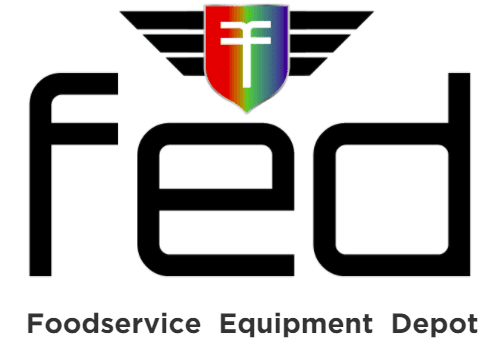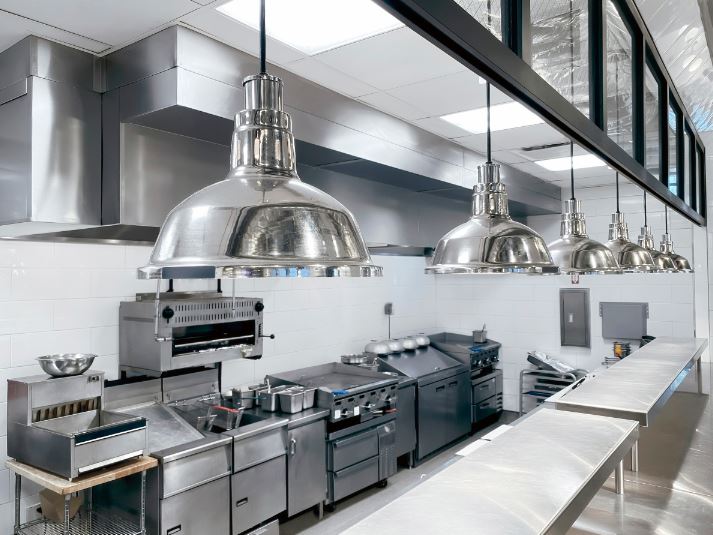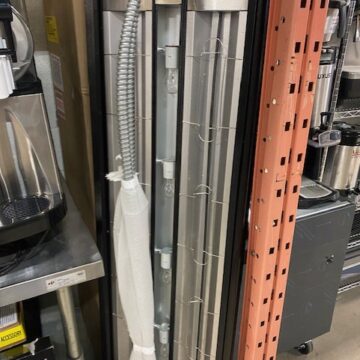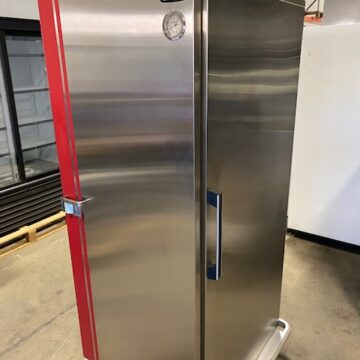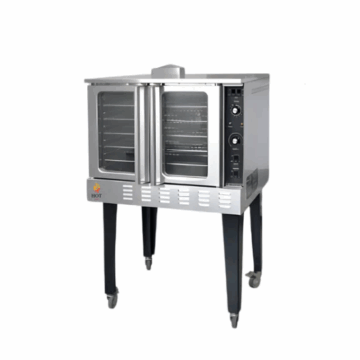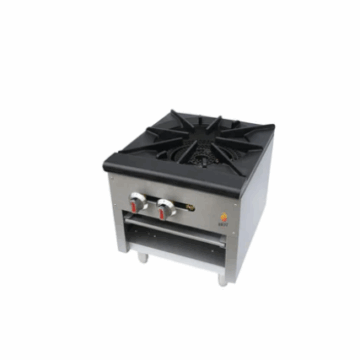The effectiveness and dependability of your restaurant equipment can make or break your business in the fast-paced world of commercial kitchens. The key to making sure your commercial food equipment runs well, prevents unplanned malfunctions, and has a longer lifespan is routine maintenance. Let’s look at some essential advice for maintaining the best possible condition for your kitchen appliances.
Observe Manufacturer Instructions: To begin, become acquainted with the instructions provided by the manufacturer for every piece of equipment. These guidelines frequently include cleaning instructions, suggested maintenance plans, and performance-enhancing advice. It is possible to avoid early wear and tear by following these tips.
Regular Cleaning: Keeping a kitchen clean is essential. Maintain regular equipment cleaning to stop the accumulation of grease, food residue, and other impurities. Make sure to wash and sterilize all removable parts completely and adhere to a daily cleaning schedule. Particular attention should be paid to places like condenser coils and ventilation systems that are frequently disregarded.
Examine and Lubricate Moving Parts: Examine and lubricate moving parts on a regular basis, including belts, gears, and motors. Replace any worn-out or broken parts right away. Furthermore, lubricate moving parts in accordance with the manufacturer’s recommendations to lessen friction and shield the machinery from needless stress.
Calibrate Temperture Controls: Temperature control food service equipment, such as ovens, grills, and freezers, needs to have its temperature controls calibrated on a regular basis. Temperature errors can affect the quality and safety of food. To guarantee precise temperature readings, make an investment in trustworthy thermometers and calibrate your apparatus.
Examine Seals and Gaskets: Poor seals and gaskets can cause energy loss and affect how well freezers and refrigerators operate. To maintain a constant temperature and lower energy use, regularly check and replace worn-out seals.
Teach Staff: Make sure your kitchen staff members are trained in basic maintenance procedures and how to use the equipment properly. Enable them to recognize problems and report them right away. Frequent training sessions can promote proactive maintenance and a culture of accountability.
Arrange Professional Inspections: Your preventative maintenance plan should include professional inspections by certified personnel, even though routine in-house maintenance is still essential. These professionals are able to carry out more thorough servicing and spot possible problems that can go overlooked during routine inspections.
Invest in High-Quality Equipment: Get reliable producers to sell you sturdy, high-quality equipment. High-quality equipment usually has stronger warranty coverage and is more dependable, even though it may cost more up front. Long-term savings from this investment can come from fewer replacements and maintenance.
A profitable and effective kitchen requires regular maintenance of its commercial food equipment. You can make sure that your equipment performs at its peak and produces excellent results for your company by adhering to manufacturer instructions, putting regular cleaning schedules into place, and spending money on both staff training and expert inspections. Never forget that a clean kitchen translates into a successful and productive kitchen.
Purchase All Your Commercial Kitchen Equipment From The FED (Foodservice Equipment Depot)
Explore our diverse selection of high-quality commercial kitchen equipment for all your culinary needs. Enjoy a seamless online ordering experience, ensuring fast and frictionless access to professional-grade food service equipment. Shop at our Restaurant Supply Online Store.
